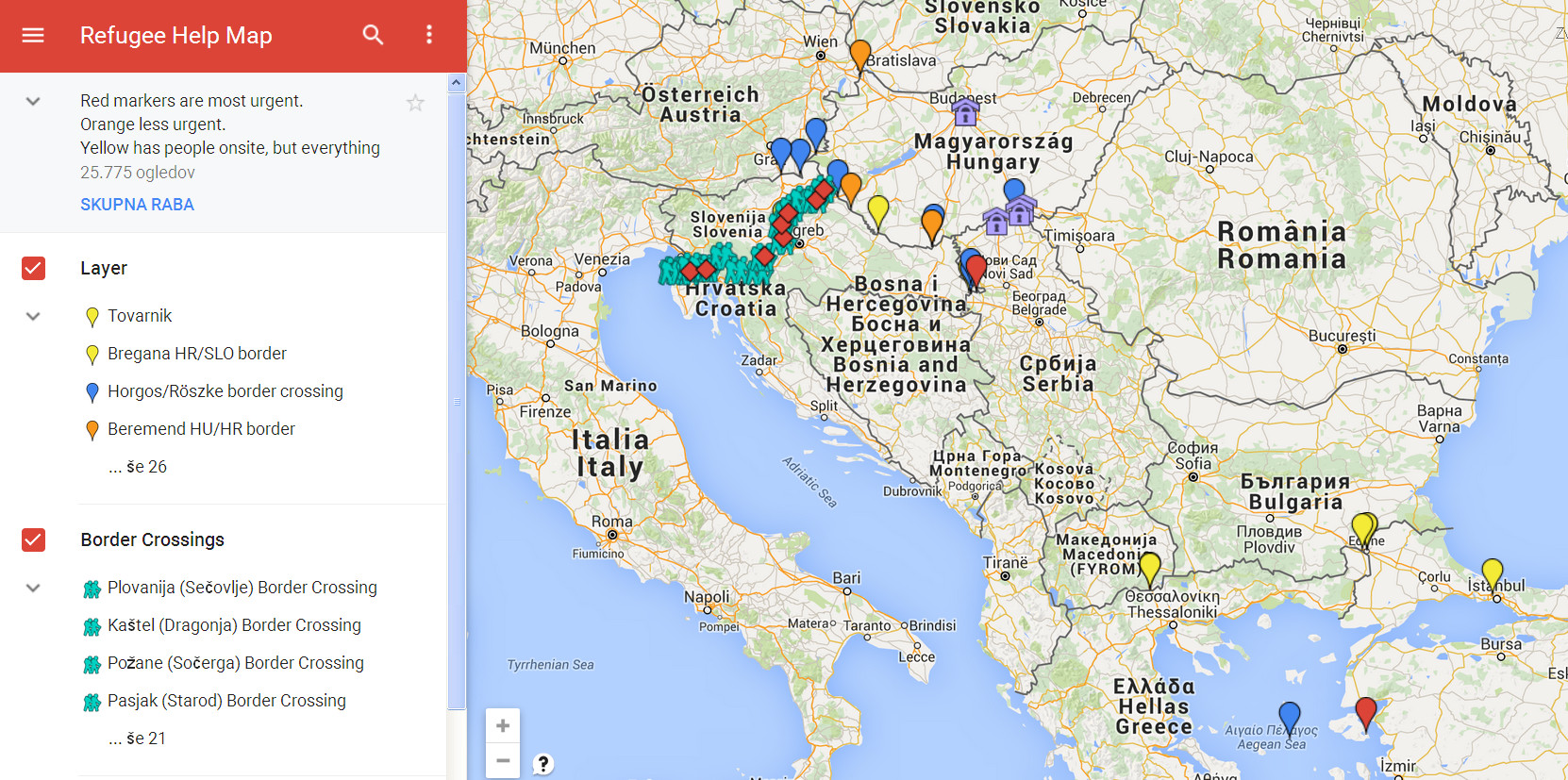Joshua Marshall is Head of Accessibility at GDS. Just before Christmas, we sat him down for a short chat about his work.
In Joshua’s opinion, the single most important thing GDS has done to improve accessibility across government is “change how we write.”
Improving the quality of all the written content on GOV.UK has made more of a difference than anything else, he says. “It’s changed the perception of how government talks to its citizens.”
There are other important lessons Joshua has learned, including:
- everything we build should be accessible by default – accessibility is never an afterthought
- scaling knowledge between members of growing product teams all over the country was a hard problem to solve
- we’ve put a lot of work into accessibility but there’s still more we can do, particularly for the deaf community
You can listen to the full interview (just under seven minutes) by clicking the play button in the embedded SoundCloud widget below. There’s also a full transcript just below that, if you’d prefer to read one.
An audio file for direct download is available from The Internet Archive.
(This audio interview is a new experiment for us – what do you think of it as a format for explaining what we do? As always, we’d love to hear your feedback.)
Follow Joshua on Twitter: @partiallyblind
Follow Giles on Twitter: @gilest
Transcript
Joshua Marshall: I’m Joshua Marshall; I am the Head of Accessibility for the Government Digital Service.
Interviewer: What does accessibility actually mean?
Joshua: It means making sure that we’re not excluding anyone who might have to use our services.
Interviewer: Go into a bit more detail about that. What do you mean by excluding anyone? How could we exclude people?
Joshua: You can do things like not build your website in a particularly good fashion, so you might lock them out by not caring enough about colour contrast for someone who’s visually impaired. You might make it really difficult for someone who has to navigate just with a keyboard to be able to use the site. You might make the site not work particularly well with screen readers, for example, if you’re a blind user. We have to take all of those things into consideration while we’re designing the services that we’re building.
Interviewer: How do we do that, then? What’s the process that we go through?
Joshua: Mostly, we do that by making sure it’s part of the process, right from the very beginning. We work in an agile way, so we work with small development teams. We take the work that we do and break it up into quite logical sections of work, so if we’re building a new feature, for example, we’ll start from the beginning and ask what the user need is that we’re trying to solve. From the very start of that process, as we work out what we might need to build or what we might need to design, we’ll do it with the knowledge that this has to work for everyone, so we can’t cut corners, say that, “We’re just not going to bother supporting screen-reader users, we’re not going to bother supporting visually impaired users”, you know? They’re all tax payers too, so they don’t have a choice in interacting with these services, the same way that the rest of us don’t, so we have to make sure that what we’re building works for everyone.
Interviewer: In reality, does that mean that your job involves a fair bit of knocking heads together and making people think about things that they might not otherwise be thinking about?
Joshua: To a certain extent. It used to a lot more than it does now. We’re already two years into the process of making GOV.UK a viable product, so at this point we’ve already worked quite extensively with all the different development teams, and it’s an accepted thing that the products that we build will be accessible. It may be that if you’re working on something where you wouldn’t traditionally have considered it that much, you might have to have a little bit more of a pointer as to what we expect, but the implication for all of the things that we build from the Government Digital Service is they should all be accessible by default.
Interviewer: What’s the most difficult thing that you’ve had to face so far?
Joshua: Scaling up how much knowledge is required for different product teams, and different teams based in different departments around the country. We have a team based here with us in GDS who can test the products that we’re building; we can give guidance, but we’re in one location in London. We have teams in Liverpool, and in Warrington and in Glasgow, like all over the country, and scaling that, and making sure that all of the external, perhaps non-GDS teams; that they all try and build their things the way that we want them to, rather than the way that they have in the past.
Interviewer: What’s the most difficult thing about getting the message across? Accessibility is taken very seriously by some people on the internet, but by no means everybody. It seems that there’s still a lot of hammering home of the message to get across to a lot of people, so how do you deal with that?
Joshua: In the accessibility community in general, I think there’s always been a lot of feeling like you’re preaching to the choir, in some respects. I think for us, the best thing we can do is to put our money where our mouth is, really. We’re telling people that this is the way that it should be, based on us doing this work for two years with GOV.UK, and proving that you can work in an agile way and still make accessible products. It shouldn’t be a thing you try and bolt on at the end. It shouldn’t be optional. It should just be a part of the process of making something good in 2013.
Interviewer: What’s the thing that you’re most proud of achieving in those last two years?
Joshua: I would say… We won a DAD award, which is a design and advertising award. It’s a very prestigious thing, and we won a Yellow Pencil and a Black Pencil for the quality of the writing on GOV.UK. Without a doubt, I would say that the biggest thing we’ve done to improve accessibility across the government with GOV.UK is change how we write. Like, just that one thing has made more of a difference to people, like being able to actually understand what we’re trying to communicate. Everything else that we’ve done is great on top of that, but we couldn’t have done it without having a fantastic content team, like, changed the perception of how government talks to its citizens.
Interviewer: In contrast to that, then, what would you like to achieve in the next two years?
Joshua: I would like to ensure that our deaf users get as much out of the platform as any of the other user groups that we’ve chosen to focus on to this point. I’m currently trying to work out the scope of how we meet the needs of our deaf users better than we have been so far. We currently don’t have much in the way of British Sign Language content on the site. We don’t have video relay tools or anything that the deaf community typically uses to communicate. We’re in the process of investigating what those things are, and I’m really hoping it won’t take two years to get those things live and get them tested; see what the user need is.
Interviewer: Brilliant. Thank you very much.
Joshua: You’re welcome.
Sign up for email alerts and join the conversation on Twitter.
You may also be interested in:
Talking accessibility at ustwo





